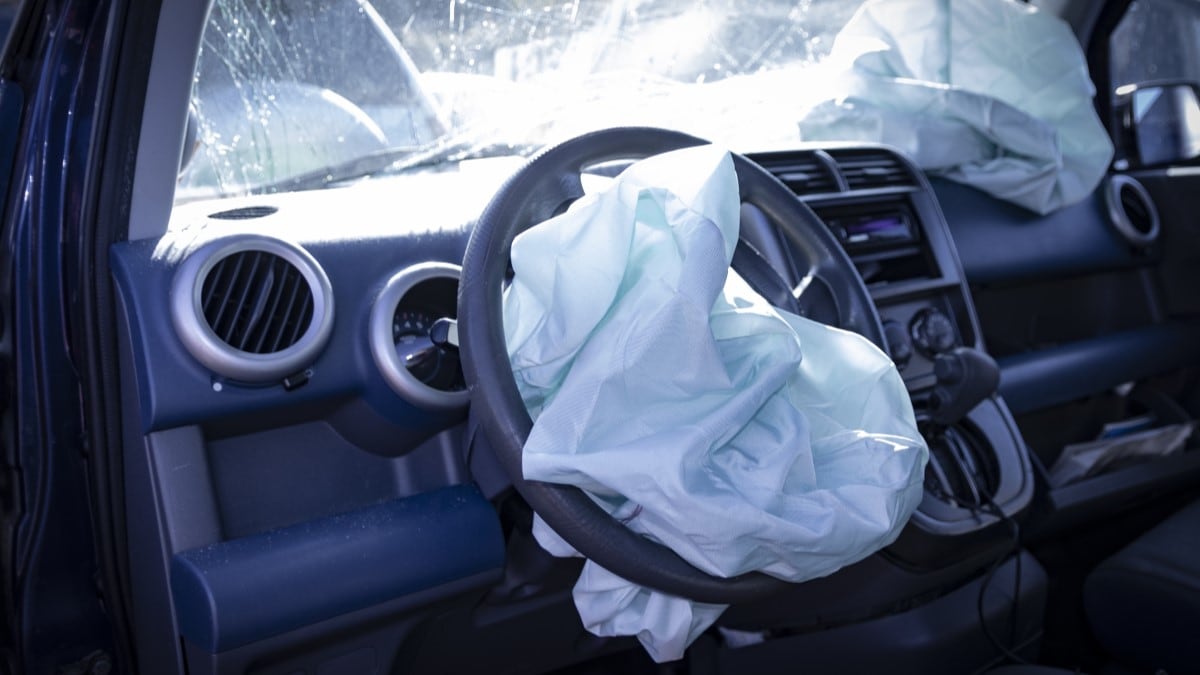The government’s primary car safety watchdog will try to force the second-largest recall in automotive history over the objections of the company behind the recalled part.
The National Highway Traffic Safety Administration (NHTSA) announced yesterday that it will force the recall of 51 million airbag inflators found in more than 49 million cars on American roads. That recall almost rivals the size of the Takata airbag recall – an ongoing saga more than a decade old involving more than 67 million cars.
Not Takata, but a Similar Issue
This recall also involves airbag inflators, though the now-defunct Takata corporation did not manufacture these.
NHTSA says Tennesse-based ARC Automotive makes airbag inflators used by at least 13 vehicle manufacturers. They include BMW, Ford, General Motors, Hyundai, Jaguar, Kia, Maserati, Mercedes-Benz, Porsche, Tesla, Toyota, and Volkswagen.
The agency has not issued recalls explaining which cars will need repair. Yesterday’s decision ensures they are coming.
Automakers may go ahead and replace the parts before an order. Last year, General Motors began replacing ARC Automotive inflators in about 1 million SUVs.
A Grenade in a Steering Wheel
An airbag inflator is a small metal capsule containing chemicals that, in an accident, combine to create a rapidly expanding gas. This gas inflates an airbag in a split second, cushioning drivers and passengers against collapsing car parts.
That gas is supposed to squirt quickly out of a small nozzle.
NHTSA alleges that, in some ARC Automotive inflators, the nozzle is blocked by debris from the welding process. Unable to escape, the gas can cause the inflator’s metal shell to explode, sending hot metal fragments into the car’s cabin, where they can injure or kill.
The agency claims that “at least seven people have been injured and one person has been killed by these rupturing air bag inflators within the United States.”
Agency Moves to Force Repair
NHTSA asked ARC Automotive to recall the parts voluntarily last summer. The company refused, disputing the agency’s conclusion that the inflators were dangerous.
The company now has 30 days to respond. Federal law, NHTSA notes, allows ARC to “present information, views, and arguments showing that there is no defect or noncompliance or that the defect does not affect motor vehicle safety.”
At this late date, after more than a year of investigation, the company is not likely to produce new data that satisfies NHTSA. However, the agency must allow the company 30 days to produce it.
If ARC Automotive fails to present new evidence, NHTSA says it “will order ARC to comply with the obligation to file notice of the safety defect with the agency and will order the vehicle manufacturers to carry out recalls by providing notice and a free remedy” next month.








